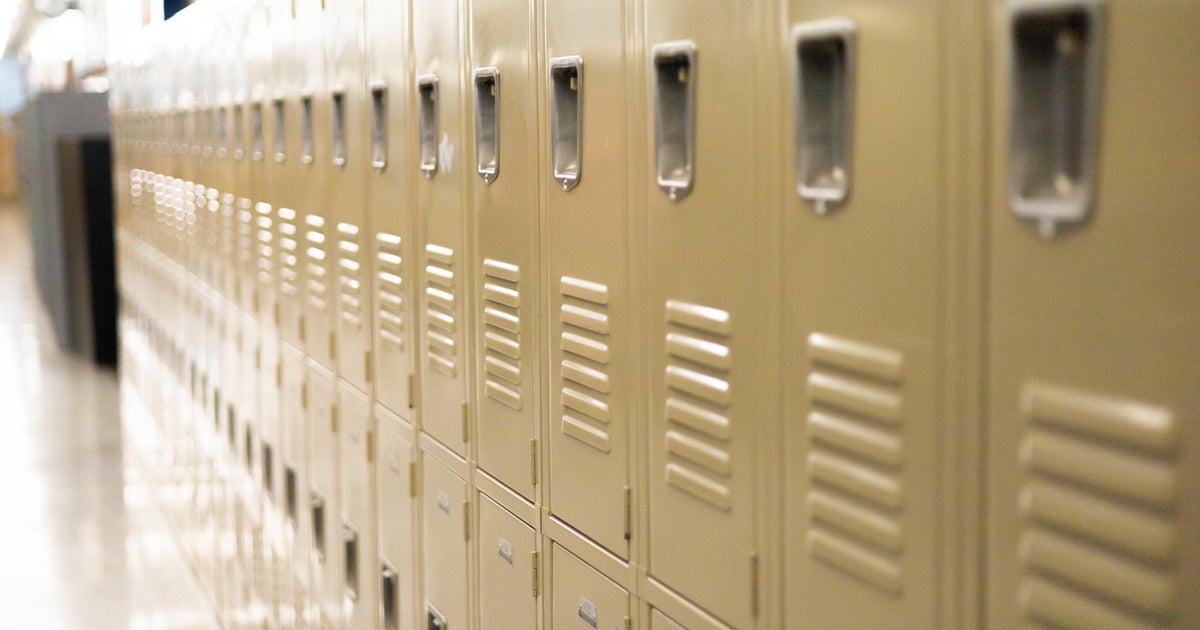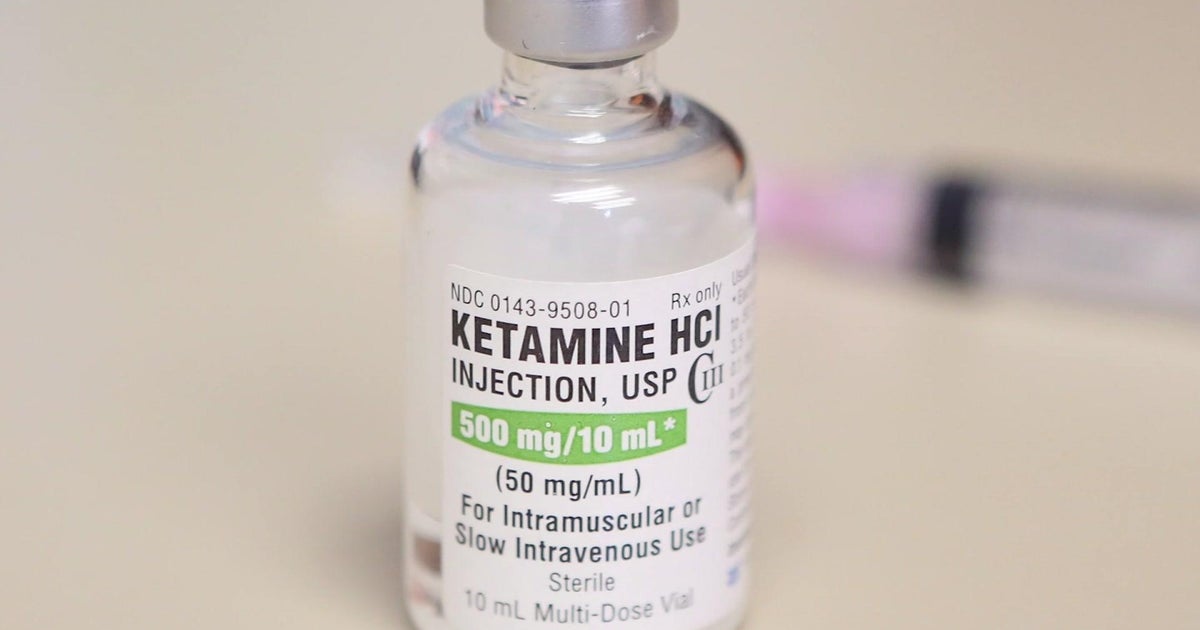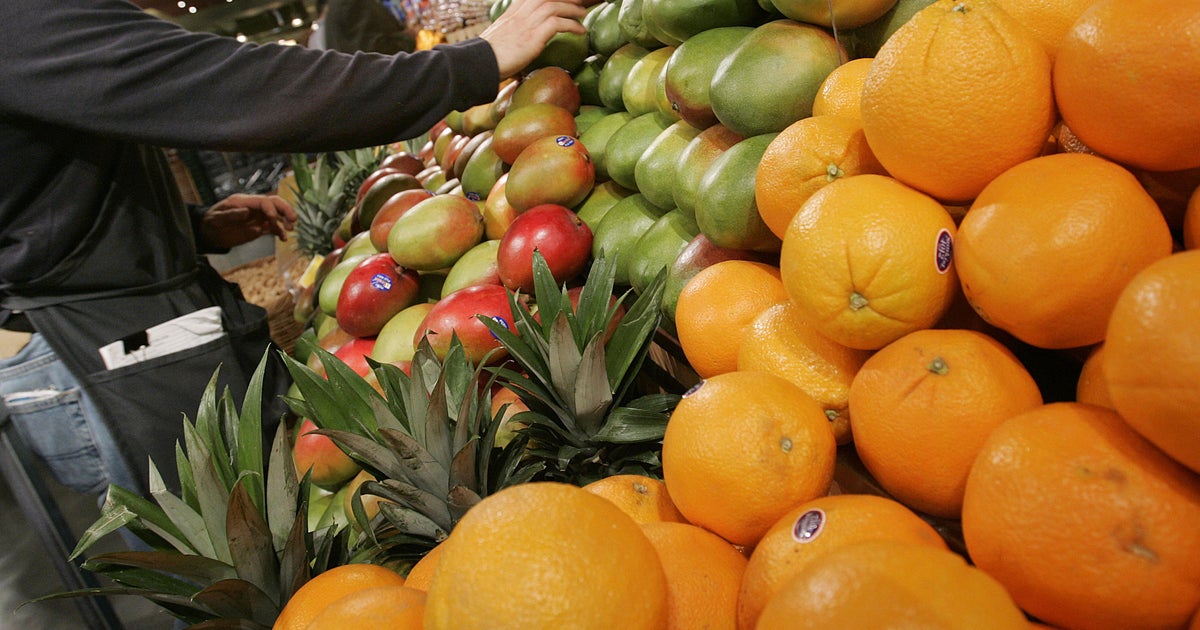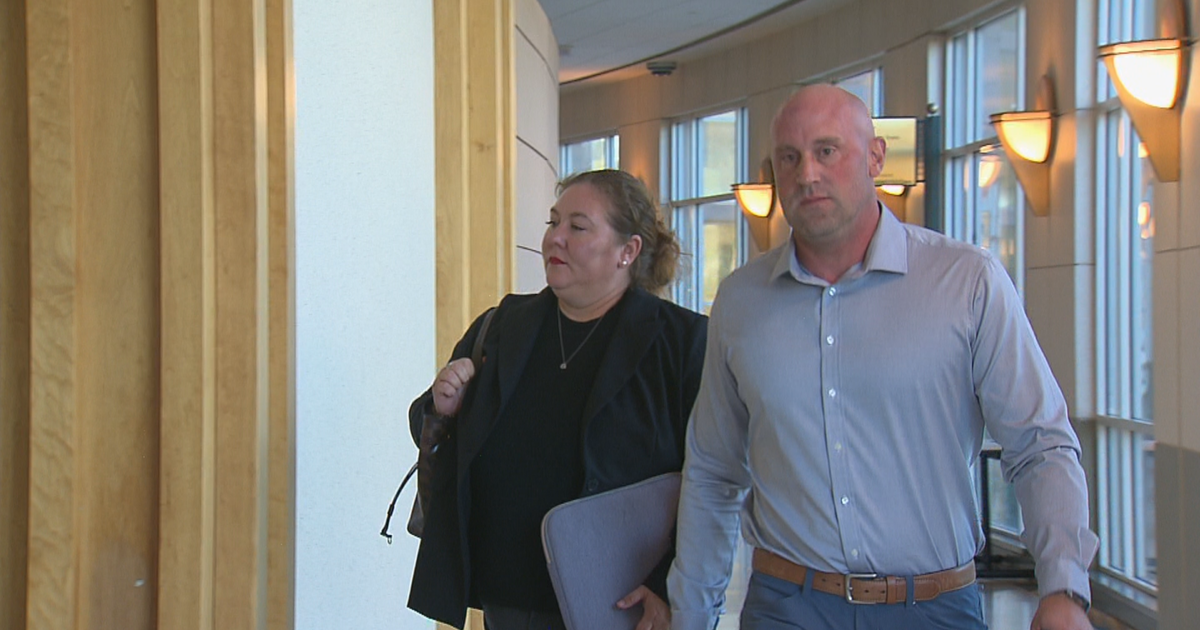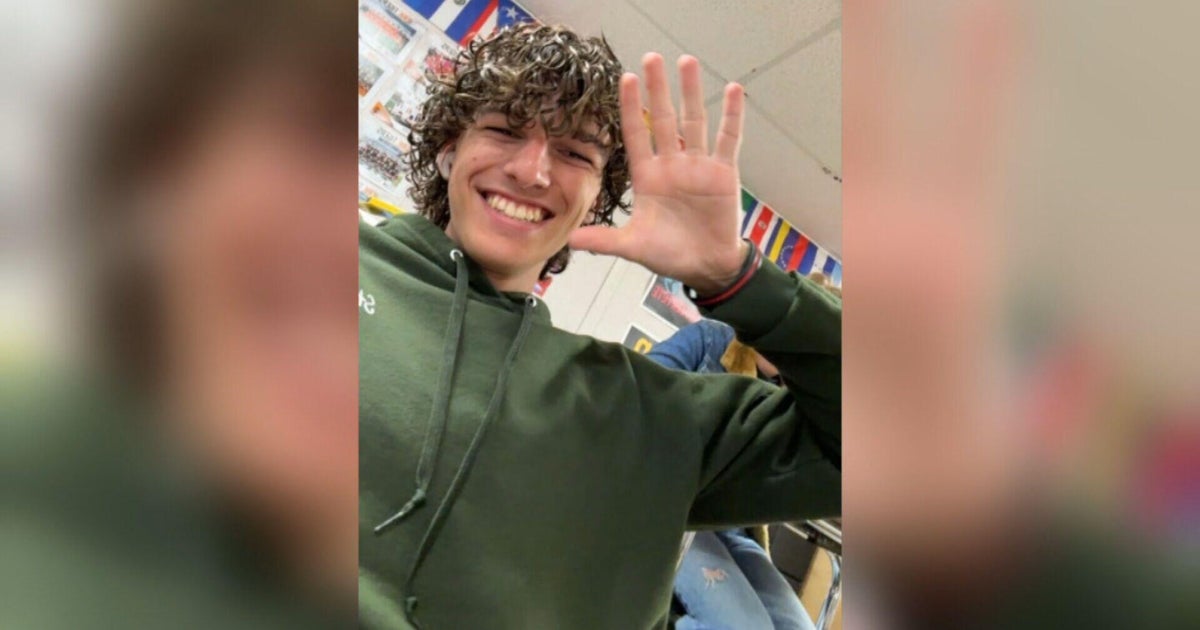2 Boston organizations helping teens of color deal with mental health struggles
By Courtney Cole, WBZ-TV
BOSTON - People of color face challenges unique to their communities when it comes to mental health.
Two organizations in Boston are working to meet the growing demand for resources for teens.
For the teens that gather at the Center for Teen Empowerment it's a space for healing.
"I can really be me, you know I'm saying? Without the judgment. I can be free," Breanna Bodden told WBZ-TV, saying it changed her life drastically. "Before I got here, mentally, I was far away. I was low, you know what I'm saying?"
Vondell Martinez said he was in a depressive rut when he first learned about the center.
"It definitely stumped a lot of my ambitions, a lot of my goals. I didn't want to do anything. But ever since after COVID, it's been like all right, I'm trying to get back into the ring of things," he told WBZ.
It's not just the conversation that keeps them coming back.
"They do music! They do dance! They do photography, they do everything art-based to help the community! And I was like yo, I need to be here!" Bodden said.
The center uses art to therapeutically help teens work through their challenges and traumas to become the best version of themselves.
"I feel like, in a way, it is giving me a purpose, more than I had before. But it's definitely positively impacted my mental health. Because you know, during the pandemic, just being home all the time, not really socializing with people, all the things that were happening during that time period, people passing away things like that, you know? It's hard to just be on your own," said another member of the center, Ashlee Bell.
"Just the fact that this community is so positive and uplifting and it breaks those generational cycles that we've encountered for a long time," Bodden said.
Cycles that existed even before the pandemic began, discouraging communities of color from seeking mental health help.
The Boys & Girls Clubs of Boston also works every day to break those cycles.
"There's always been a demand for mental health services. The pandemic just magnified the issues around mental health," said the organization's Vice President of Program Operations Andrea Swain.
According to a study published last year by JAMA Pediatrics, children of color, living in communities with higher rates of poverty and crime, deal with unique mental health challenges.
"When you don't know where your next meal is coming from, if you're in a family struggling to put food on the table, struggling to purchase clothing, struggling to have safe, affordable housing you are, in effect, telling a young person that perhaps they don't matter. And so that's what our young people are facing, the chronic poverty, this community violence," Kevin Barton, Executive Director of YouthConnect, told WBZ.
YouthConnect is a Boys & Girls Clubs program that places licensed, social workers in Boston Police stations that helps young people and their families deal with everyday traumas.
"We pick up that phone and call them after a referral has been made by a police officer," Barton said. "And about 84% of folks say yes, which is pretty incredible. And it tells me that there is a need."
Barton said last fiscal year, YouthConnect served 537 young people and more than 1,400 of their family members.
"I can tell you that last year, in terms of outcomes, for the over 90% who came in having mental health concerns as something they noted at the top concern, over 50% have made progress. So that tells us something. This works," Barton said.
Now he says it's time for investment to match the demand, so young people in need are not left to fend for their mental health themselves.
"We are not in the business of throwing anyone away. And so every young person needs to know that they have a second, third, and fourth chance," Barton said.
A chance to be seen, to be heard and to know that they matter.
